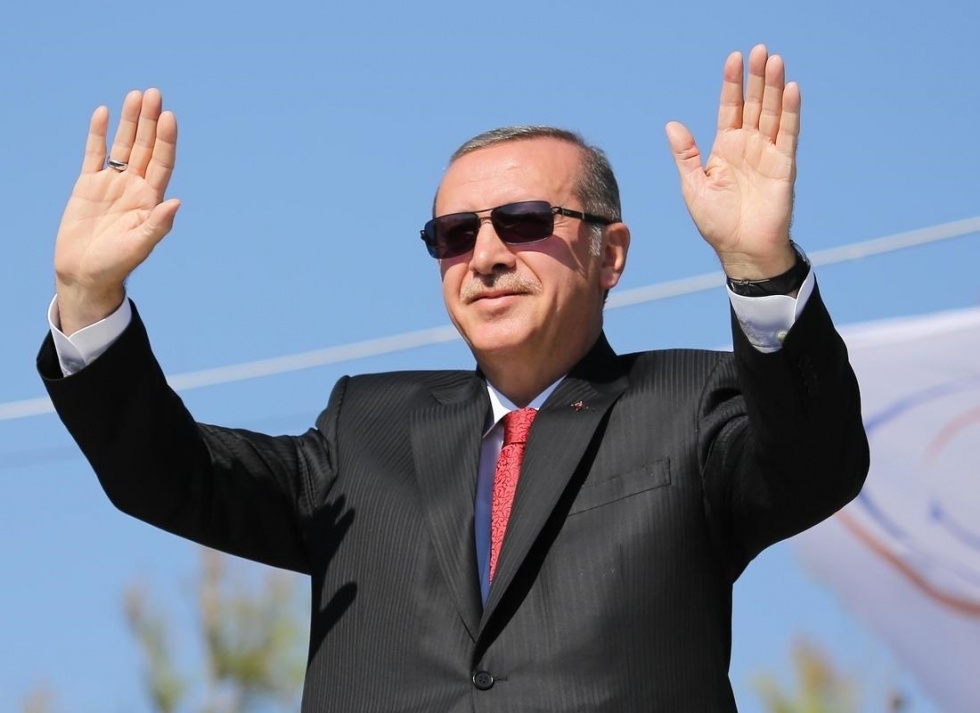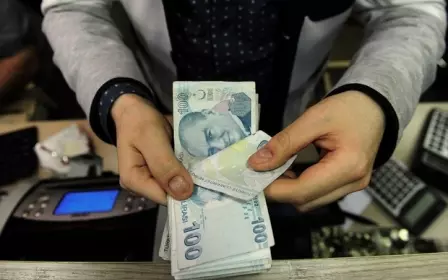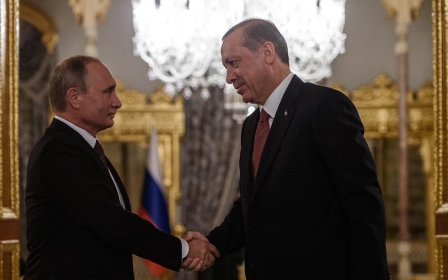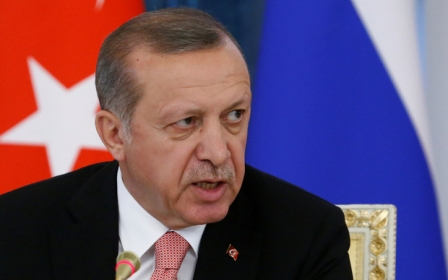Erdogan wants Turkey's trade with Iran, Russia, China in local currencies

Turkish President Recep Tayyip Erdogan said his country is moving towards allowing trade with Iran, Russia and China to be conducted in local rather than foreign currencies, as he continues his efforts to strengthen the falling lira.
"If we buy something from them, we will use their money, if they buy something from us, they will use our currency," he said, ahead of a trip by Turkish Prime Minister Binali Yildirim to Russia for meetings on Tuesday.
Erdogan - who previously said discussions were underway with Moscow, Beijing and Tehran on the issue - added that instructions related to this proposal had been given to the central bank.
Erdogan has called on Turks to cash in their foreign exchange holdings and buy lira to stem the Turkish currency's decline. The lira has lost a fifth of its value this year, hit by a resurgent dollar and widening concern about a crackdown after the 15 July failed coup.
"Our Turkish lira is blessed," he told a cheering, flag-waving crowd after opening a museum in the city named after his predecessor and long-time friend Abdullah Gul.
Ankara hopes such demands will help the lira win back the losses it has suffered since the failed coup in July, when a rogue military faction tried to oust Erdogan from power.
In November alone, the lira declined more than 10 percent while it continues to reach record lows against a stronger US dollar.
The lira on Friday reached a record low of 3.58 to the dollar before making up some of the loss.
In another televised speech on Sunday, Erdogan urged owners of shopping malls to "change paying their rent in foreign currencies” to Turkish lira" to prove they are "patriotic".
He gave an example of one mall owner who told Erdogan "immediately, I will change to lira" after a brief telephone call.
The government also plans for tenders to be offered in the Turkish currency, the president said.
Erdogan later repeated his call for lower interest rates and said the government's economic coordination committee, which met on Friday for five hours, agreed they should be cut.
He accused unidentified individuals of attempting to launch a putsch against the country through interest rates, the stock exchange and foreign currency movements.
Ankara slashed its growth forecast to 3.2 percent from 4.5 percent for this year as the political turbulence and terror attacks in the past year take their toll.
After several months of consecutive rate cuts this year, the central bank announced in November a surprise hike to its main interest rate for the first time in nearly three years, in a bid to support the embattled lira.
Hours after the president's first mention of changing currencies to lira, the Istanbul Exchange said it would convert its cash assets "in support" of his call.
New MEE newsletter: Jerusalem Dispatch
Sign up to get the latest insights and analysis on Israel-Palestine, alongside Turkey Unpacked and other MEE newsletters
Middle East Eye delivers independent and unrivalled coverage and analysis of the Middle East, North Africa and beyond. To learn more about republishing this content and the associated fees, please fill out this form. More about MEE can be found here.




